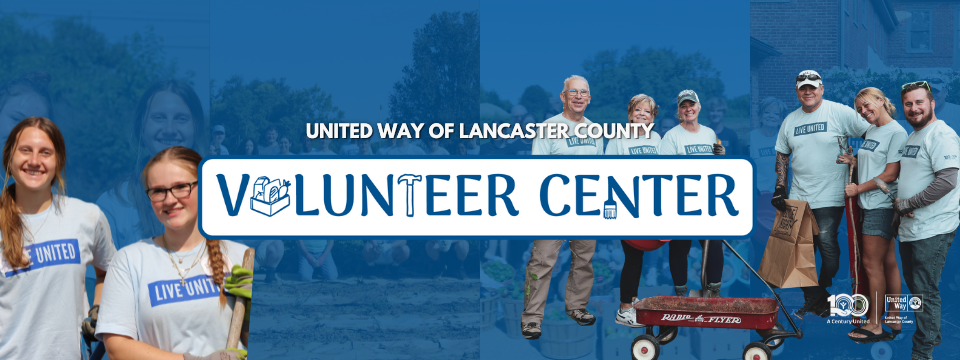When it comes to volunteer management, one word sits at the very center of success: communication. Whether you are coordinating a single event or leading a year-round volunteer program, how you connect with your team can make all the difference between a project that simply gets done and one that truly inspires.
What is Communication?
At its core, communication is the process of exchanging information, ideas, and meaning between people. It is more than just words-it includes tone, body language, visuals, and even silence. Effective communication ensures that everyone is on the same page, feels valued, and understands their role in the bigger picture.
As George Bernard Shaw famously said, "The single biggest problem in communication is the illusion that it has taken place."
Why is Communication Important in Managing Volunteers?
Volunteers give their time, skills, and energy freely. The way we communicate with them directly impacts how motivated, engaged, and committed they remain. Clear, thoughtful communication helps to:
- Build trust - When expectations are shared openly, volunteers feel respected and confident in their work.
- Reduce confusion - Volunteers know exactly what to do, when to do it, and who to ask if questions arise.
- Boost retention - Volunteers who feel informed and appreciated are far more likely to return and encourage others to join.
Fact 1: Research shows that 67% of volunteers say
they would return if they felt well-managed and informed.
Fact 2: A study by Deloitte found that volunteers who feel their time is
valued are twice as likely to stay engaged long-term.
Fact 3: Strong communication increases volunteer satisfaction scores by
up to 40% across nonprofit programs.
The Top Three Most Effective Ways to Communicate with Volunteers
- Regular
Email Updates
Email remains one of the most reliable ways to reach volunteers with schedules, reminders, and updates. Consistent newsletters or check-ins help volunteers feel connected even when they are not on-site. - Face-to-Face
(or Virtual) Conversations
Nothing replaces the value of direct conversation. Whether in person, over Zoom, or by phone, these interactions allow leaders to share updates while also listening to volunteer feedback-making communication a two-way street. - Volunteer
Platforms and Messaging Tools
Online tools like Get Connected, Slack, or private groups create centralized hubs for schedules, event details, and encouragement. They provide volunteers with easy access to information anytime, anywhere.
As Stephen R. Covey once said, "Seek first to understand, then to be understood." By listening and responding, volunteer managers create a culture where every voice matters.
Strong communication is not just a skill-it is the heartbeat of effective volunteer management. By being clear, consistent, and caring in the way we connect, we not only help projects run smoothly but also strengthen the relationships that keep volunteers coming back.
Volunteers are not just filling a role-they are building community. And communication is what holds that community together.


